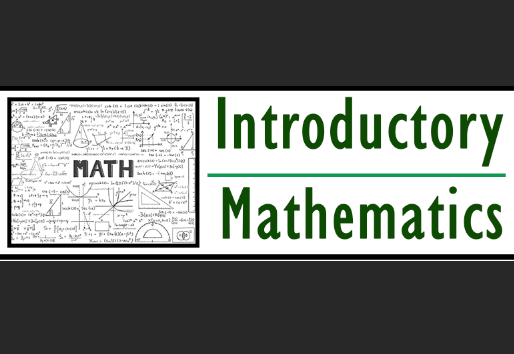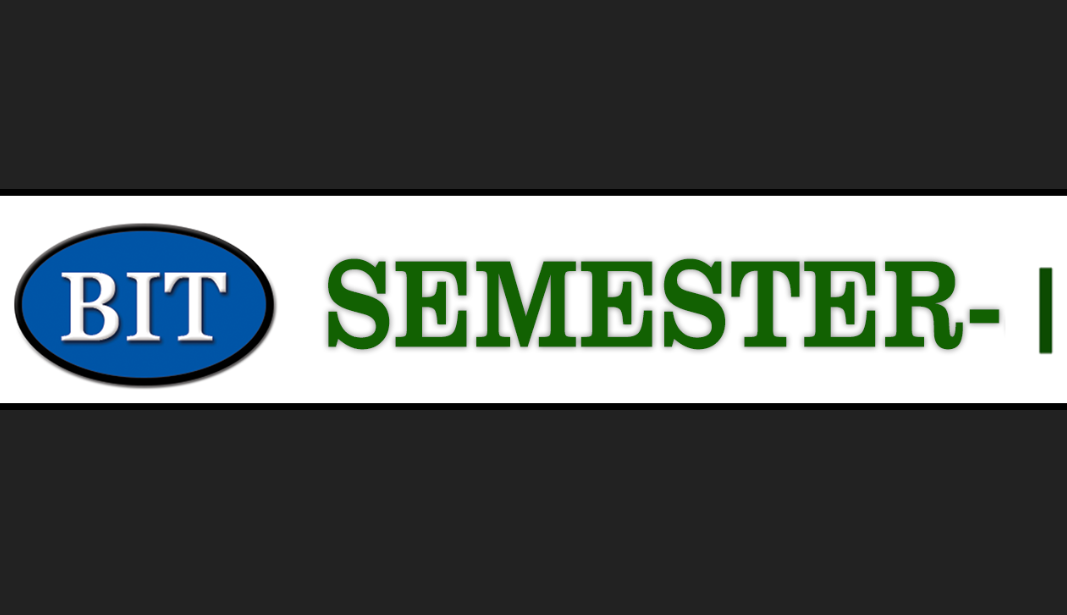
An Information system (IS) is a formal, sociotechnical, organizational system designed to collect, process, store, and distribute information. In a sociotechnical perspective, information systems are composed by four components: task, people, structure (or roles), and technology. Information systems can be defined as an integration of components for collection, storage and processing of data of which the data is used to provide information, contribute to knowledge as well as digital products.
Your facilitators:
Mr. Dimuthu Suranga (Course Coordinator)
- Teacher: Pulasthi Bandara

A computer is a machine that can be instructed to carry out sequences of arithmetic or logical operations automatically via computer programming. Modern computers have the ability to follow generalized sets of operations, called programs. These programs enable computers to perform an extremely wide range of tasks.
A "complete" computer including the hardware, the operating system (main software), and peripheral equipment required and used for "full" operation can be referred to as a computer system. This term may as well be used for a group of computers that are connected and work together, in particular a computer network or computer cluster.
Your facilitators:
- Teacher: Pulasthi Bandara

Free and open-source software (FOSS) is software that can be classified as both free software and open-source software. That is, anyone is freely licensed to use, copy, study, and change the software in any way, and the source code is
openly shared so that people are encouraged to voluntarily improve the design of the software. This is in contrast to proprietary software, where the software is under restrictive copyright licensing and the source code is usually hidden from the
users.
Ubuntu is a Linux distribution based on Debian and composed mostly of free and open-source software.
LibreOffice is a free and open-source office productivity software suite, a project of The Document Foundation.
Your facilitators:
- Teacher: Pulasthi Bandara

Computer programming is the process of designing and building an executable computer program to accomplish a specific computing result or to perform a specific task.
Java is a class-based, object-oriented programming language that is designed to have as few implementation dependencies as possible. It is a general-purpose programming language intended to let application developers
write once, run anywhere (WORA), meaning that compiled Java code can run on all platforms that support Java without the need for recompilation
Your facilitators:
- Teacher: Pulasthi Bandara

Mathematics includes the study of such topics as quantity (number theory), structure (algebra), space (geometry), and change (analysis).
Mathematicians seek and use patterns to formulate new conjectures; they resolve the truth or falsity of such by mathematical proof.
When mathematical structures are good models of real phenomena, mathematical reasoning can be used to provide insight or predictions about nature.
Through the use of abstraction and logic, mathematics developed from counting, calculation, measurement, and the systematic study of the shapes and motions of physical objects. Practical mathematics has been a human activity from as far back as written records exist.
The research required to solve mathematical problems can take years or even centuries of sustained inquiry.

- Teacher: Arshad Ahmed
- Teacher: Pulasthi Bandara

